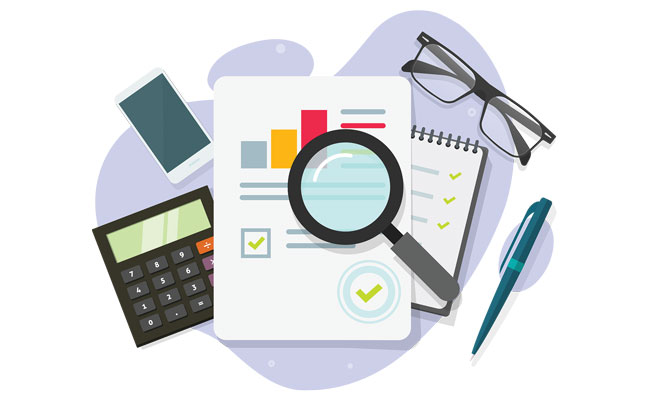
Illustration: vladwel / iStock / Getty Images Plus / Getty Images
The Inflation Reduction Act passed into law last year, and currently is being implemented across the U.S. The hiring of new Internal Revenue Service (IRS) agents under the Act is likely to have a significant impact on federal tax audits. The IRS has not released any specific plans for how it will use the new funding, but it has stated it plans to increase audit activity.
Audit rate may rise
As I write this column in mid-November, the audit rate for individuals is at less than 1 percent. However, this rate is expected to increase with the hiring of new agents. The IRS has stated it will focus its audits on high-income taxpayers and businesses, but it is also possible that audit rates for middle-class taxpayers will increase.
Here are three specific ways in which hiring these new IRS agents could affect audits:
- More sophisticated audits. The new IRS agents are likely to be more sophisticated and better trained than the agency’s current auditors. This means they will be better able to detect tax evasion and other forms of noncompliance.
- Increased focus on high-income taxpayers and businesses. The IRS has stated it will focus its audits on high-income taxpayers and businesses. This is because these taxpayers and businesses are more likely to have complex tax returns — and are more likely to engage in taking questionable tax positions on their returns.
- Increased use of technology. The IRS plans to invest in new technology to improve its audit capabilities. This will include things like data analytics and data-driven audit selection.
If you are using an accountant for your taxes, it is important to make sure they have expertise in this area. Your certified public accountant (CPA) should have expertise in tax planning to save you money; tax preparation to make sure you are compliant; and knowledge of IRS processes and procedures to go to bat for you if you get audited. You can do this by asking the accountant about their qualifications and experience.
The dangers of using an accountant who does not have tax expertise can be costly. If a mistake is made on your tax return, you will pay penalties and interest to the IRS. You also will pay to have your tax return corrected by a qualified tax professional. Unwinding someone else’s tax mess is never fun, and it’s often expensive.
Using a qualified CPA who specializes in taxes can help you avoid the dangers associated with costly unnecessary audits.
It also can save you money on your taxes and give you peace of mind, knowing that your taxes are being prepared correctly.
4 tips for finding a qualified accountant
If you don’t use one already, consider hiring an accountant to handle your taxes. Follow these tips to find a reputable accountant:
- Ask for referrals from other pest control business owners.
- Look for individuals who are certified public accountants (CPAs) or enrolled agents (EAs). These accountants have met certain annual education and experience requirements, and have passed a rigorous exam.
- Interview several accountants before deciding. Ask them about their experience preparing tax returns and providing planning services for individuals and businesses in the professional pest management industry.
- Make sure the accountant is familiar with the latest tax laws and regulations.
Leave A Comment